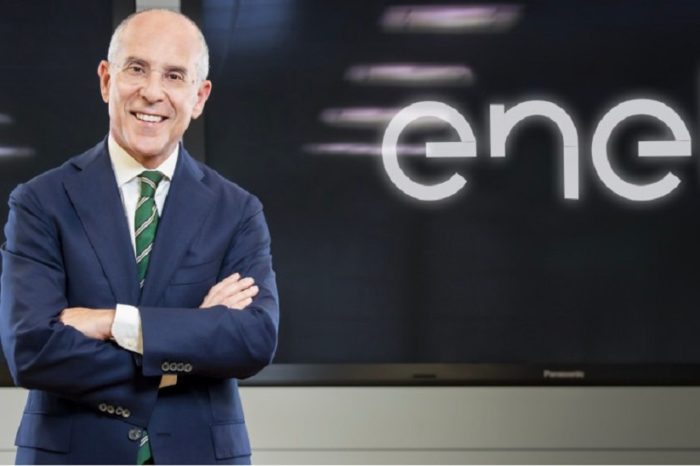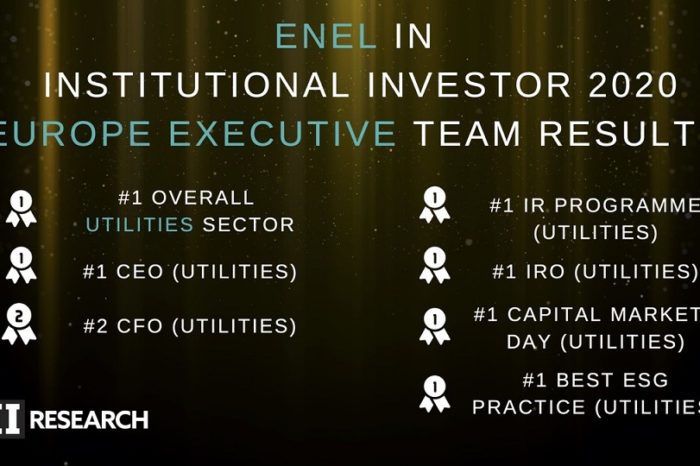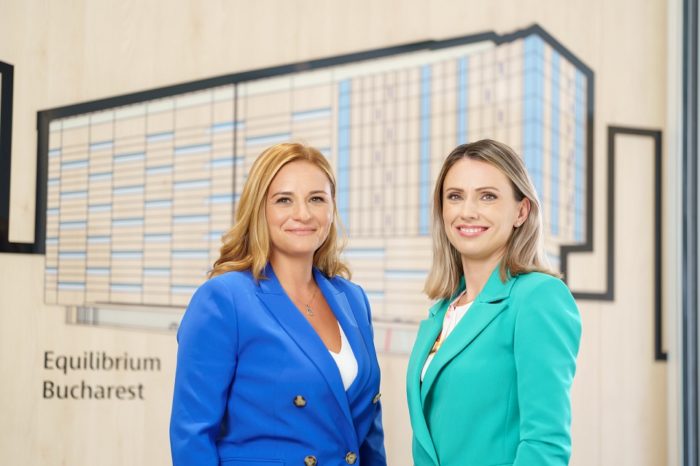ENEL among first companies in the world to adopt the ISO 56002 standard for innovation management

- The standard covers all aspects of innovation management: from identifying business needs to implementing innovative solutions on a global scale
- The standard covers all aspects of innovation management: from identifying business needs to implementing innovative solutions on a global scale
Enel is among the first companies in the world to voluntarily adopt the ISO 56002 standard for innovation management.
Part of the broader ISO 56000 series of standards, ISO 56002 covers all aspects of innovation management: from the inception of an idea to its implementation on a global scale. Adopting this standard will help organizations consolidate their governance, increasing the effectiveness of innovation and thus business opportunities, creating the conditions for a widespread innovation culture that stimulates the creativity of employees and stakeholders and fosters the emergence of new value propositions in line with market developments.
“We wanted to provide our stakeholders with further confirmation of our long-standing commitment to innovation in a structured way. Having been equipped with Innovation Governance for some time now, we have been able to monitor the processes for developing innovative and sustainable solutions in ever greater depth and measure the value they generate,” said Ernesto Ciorra, Chief Innovability® Officer at Enel. “We will continue to move forward by identifying the most innovative solutions to address the major sustainable development challenges summarized in the UN 2030 Agenda, in line with the Group’s Strategic Plan.”
The adoption of the ISO 56002 standard is part of the broader strategic implementation of Enel’s Innovation Plan for the coming years.
The standard is based on eight pillars: consistency with the Innovability® vision (Innovation for a more sustainable company and world); value generation through innovative ideas; future-oriented leadership and challenging the status quo; innovation culture as a strategic asset; innovation development based on customer needs; uncertainty management and risk mitigation; proactivity and resilience; systemic approach for sound performance assessment.


















